Making explicit the roles and activity of the General Practitioner has many benefits. It enables others to recognise, value and utilise our work. The acronym is GENERALISM!
Read More »Latest
Hannah Milton reflects on the neuroscience of trauma and Adverse Childhood Experiences (ACEs) and how this can lead to what is termed ‘latent vulnerability’.
The power of placebos is both a manual and a manifesto. It both a guide to the ethical use of placebos in healthcare, as well as placebos as a window into empathic, meaningful healthcare.
What are 'Ordinary' worries? Elke Hausmann reflects in the light of recent announcements by the prime minister about taking sick note prescribing away from GPs, with the argument that 'normal worries' are being wrongly medicalised as mental illness, also using
The power of placebos is both a manual and a manifesto. It both a guide to the ethical use of placebos in healthcare, as well as placebos as a window into empathic, meaningful healthcare.
What are 'Ordinary' worries? Elke Hausmann reflects in the light of recent announcements by the prime minister about taking sick note prescribing away from GPs, with the argument that 'normal worries' are being wrongly medicalised as mental illness, also using that to
To be fit for work, a person must be capable of more than simply carrying out in isolation the tasks required by their role: they must be able to do so repeatedly, to a consistent standard, and in a way that represents
GPs are in the firing line of efforts to reduce sickness certification. The UK government suggest that the responsibility for issuing fit notes could be moved from GPs to specialist occupational health professionals. Nada Khan unpacks the issues.
Elke Hausmann recommends Lynn Payer's book to anyone who wants to understand the history of many of the underlying assumptions shaping medicine and our practice of it -the inevitable result of medical progress but of choices, conscious or not, that arise from
...an apparent paradox makes science possible. At least two conditions are necessary, and they appear deeply contradictory. The first is that the universe must be governed by consistent physical laws, the second is that humans in general, and scientists in particular, must
Research and Clinical
Hannah Milton reflects on the neuroscience of trauma and Adverse Childhood Experiences (ACEs) and how this can lead to what is termed ‘latent vulnerability’.
Read More »Establishing general practice first as an independent subject or specialism, and then as a university discipline has been a major challenge over many decades. Where we are at present doesn’t appear to be working. Howie, Freeman, and heath reflect on
Will using a PPI increase my patient’s risk of dementia? I wouldn’t honestly know the answer offhand if a patient came to me asking this question clutching their newspaper. What are the tensions between the media and scientists, and the
John Howie, George Freeman and Heather Heath introduce an archive that traces the development of General Practice as a university-based academic discipline in the UK
Biological causality for T4 monotherapy not working for some is now established. We can’t now attribute the 10%–15% of people with hypothyroidism not feeling better on T4 as wimps, laggards, or requiring psychological attention. Sarah Cathcart Evans reflects from personal
"Nexus is a powerful, brilliantly acted film [...] about the impact of COVID-19 on young people's mental health, eating-related coping strategies, and the power of social connection. I recommend sharing it with colleagues, patients, and their families."
Read More »Naomi Craft and Sue Morrison trained in end of life coaching in 2015, delivering workshops between 2016 and 2020 exploring loss, mortality, and the self in both personal and healthcare contexts. Here, they describe the effect of the COVID-19 pandemic
"I was very impressed by all those professionals working hard to make a difference for other people. I recognised myself in so many of the patient experiences described." – Elke Hausmann provides an overview of the 'Long COVID: what needs
Richard Armitage highlights a selection of issues in tension with public health and respiratory communicable diseases both pre and post the outbreak of COVID-19.
Uptake of national screening programmes suffered during the COVID-19 pandemic, but how are uptake numbers faring post-pandemic? Richard Armitage presents the data ...
'In medical education; those with less support needs have better training environments, while those who are most in need of support end up training in the most challenging, deprived areas.' Frances Wedgwood reflects on a plausible narrative.
We know ambulance trusts in the UK are increasingly employing GPs, and whilst the theory is there, we wanted to explore the evidence. What follows is a summary of our discussions exploring key similarities and differences in approaches to out-of-hours (OOH) care, emergency ambulance services,
My husband and I visited my ancestral village home in the state of Bihar. I was visiting my village after 25 years and could see the obvious changes – both the progress and ongoing challenges.
Is general practice the platypus of medical specialities?
Mavin Kashyap shares key practice insights from a specialist community healthcare service for asylum seekers and refugee (ASR) adults.
To be fit for work, a person must be capable of more than simply carrying out in isolation the tasks required by their role: they must be able to do so repeatedly, to a consistent standard, and in a way that represents a reasonable balance
GPs are in the firing line of efforts to reduce sickness certification. The UK government suggest that the responsibility for issuing fit notes could be moved from GPs to specialist occupational health professionals. Nada Khan unpacks the issues.
Elke Hausmann recommends Lynn Payer's book to anyone who wants to understand the history of many of the underlying assumptions shaping medicine and our practice of it -the inevitable result of medical progress but of choices, conscious or not, that arise from our own cultural
Establishing general practice first as an independent subject or specialism, and then as a university discipline has been a major challenge over many decades. Where we are at present doesn’t appear to be working. Howie, Freeman, and heath reflect on what we can learn from
...an apparent paradox makes science possible. At least two conditions are necessary, and they appear deeply contradictory. The first is that the universe must be governed by consistent physical laws, the second is that humans in general, and scientists in particular, must be free to
Trainees and students
Hannah Milton reflects on the neuroscience of trauma and Adverse Childhood Experiences (ACEs) and how this can lead to what is termed ‘latent vulnerability’.
Alex Burrell reflects on the moral agonies of planning an early GP-career
Mavin Kashyap shares key practice insights from a specialist community healthcare service for asylum seekers and refugee (ASR) adults.
Myanmar should not be forgotten in the conversation around the ongoing failure to protect hospitals and health workers in conflict zones. Jim Brockbank reminds us.
At the most recent WONCA global conference in October 2023, the WONCA Women’s Working Party on Women and Family Medicine (WWPWFM) met with young doctors movements from all world regions, to discuss common themes and possible ways to work together. Amanda Howe opens the discussion
BJGP Interviews
In this episode, we talk to Becky Gudka and Dr Anna Price about ADHD care provision for young people.
In this episode, we talk to Dr Mark Levy about preventable deaths from asthma.
In this episode, we talk to Dr Lynsey Warwick-Giles about PCNs, funding and inequalities.
BJGP Interviews Podcast
BJGP TV | Research
BJGP News and Notices
The editor, Euan Lawson, with the links relevant to the Editor's Briefing articles for June, July and August.
The editor, Euan Lawson, with some comments and links relevant to the May '22 Editor's Briefing.
Assistant Editor Nada Khan discusses the Ockenden Report -safe and effective maternal and postnatal care involves general practice.


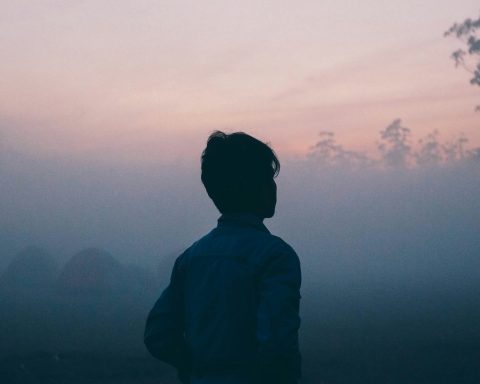







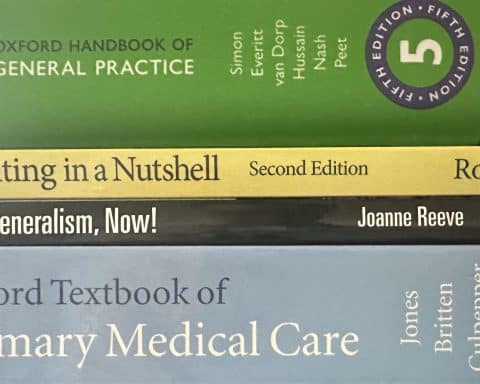



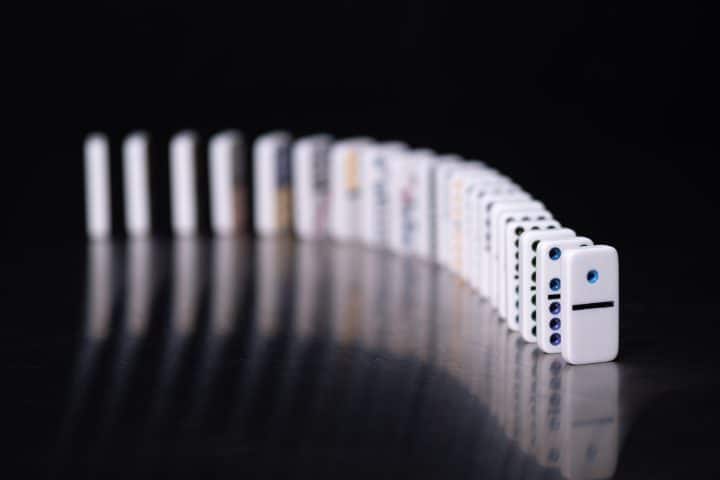

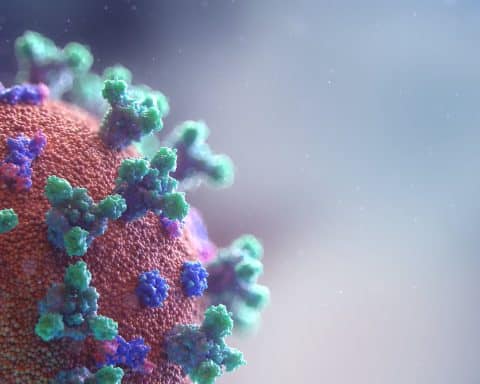
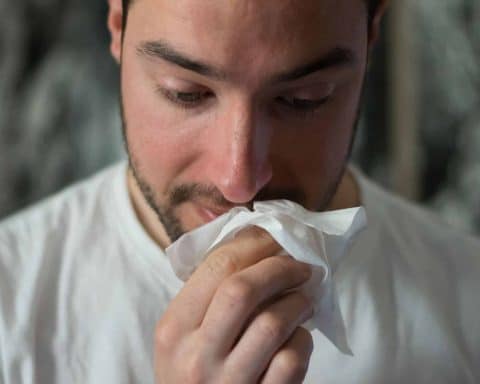
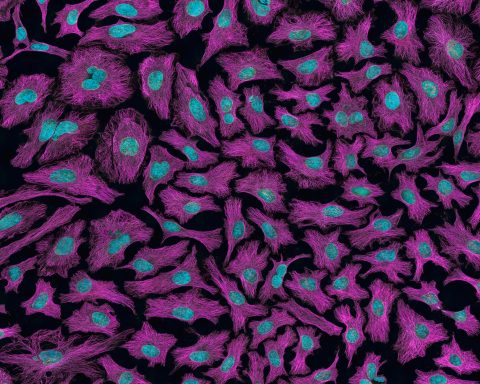




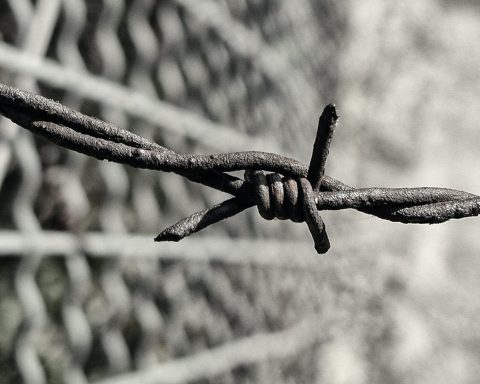

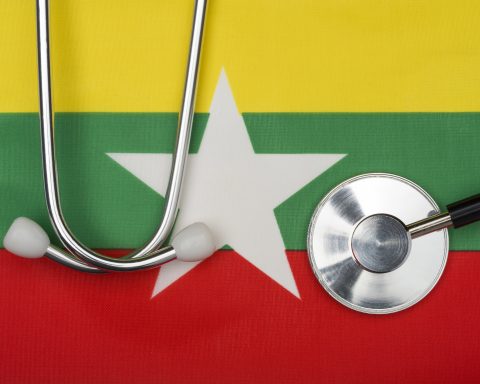


 Subscribe to BJGP YouTube
Subscribe to BJGP YouTube